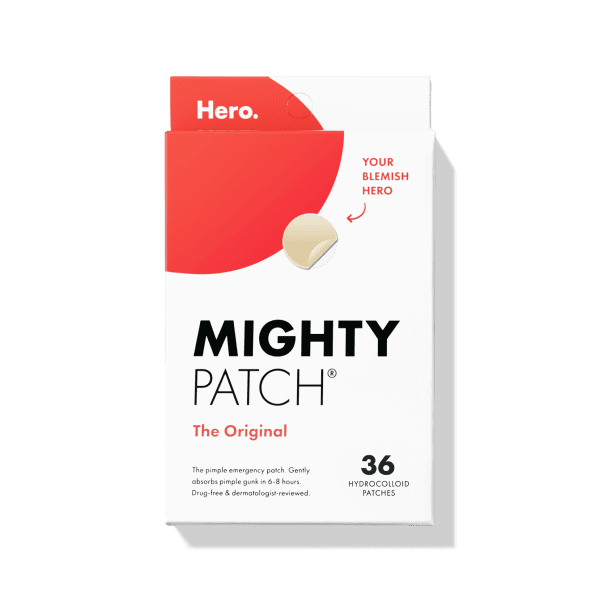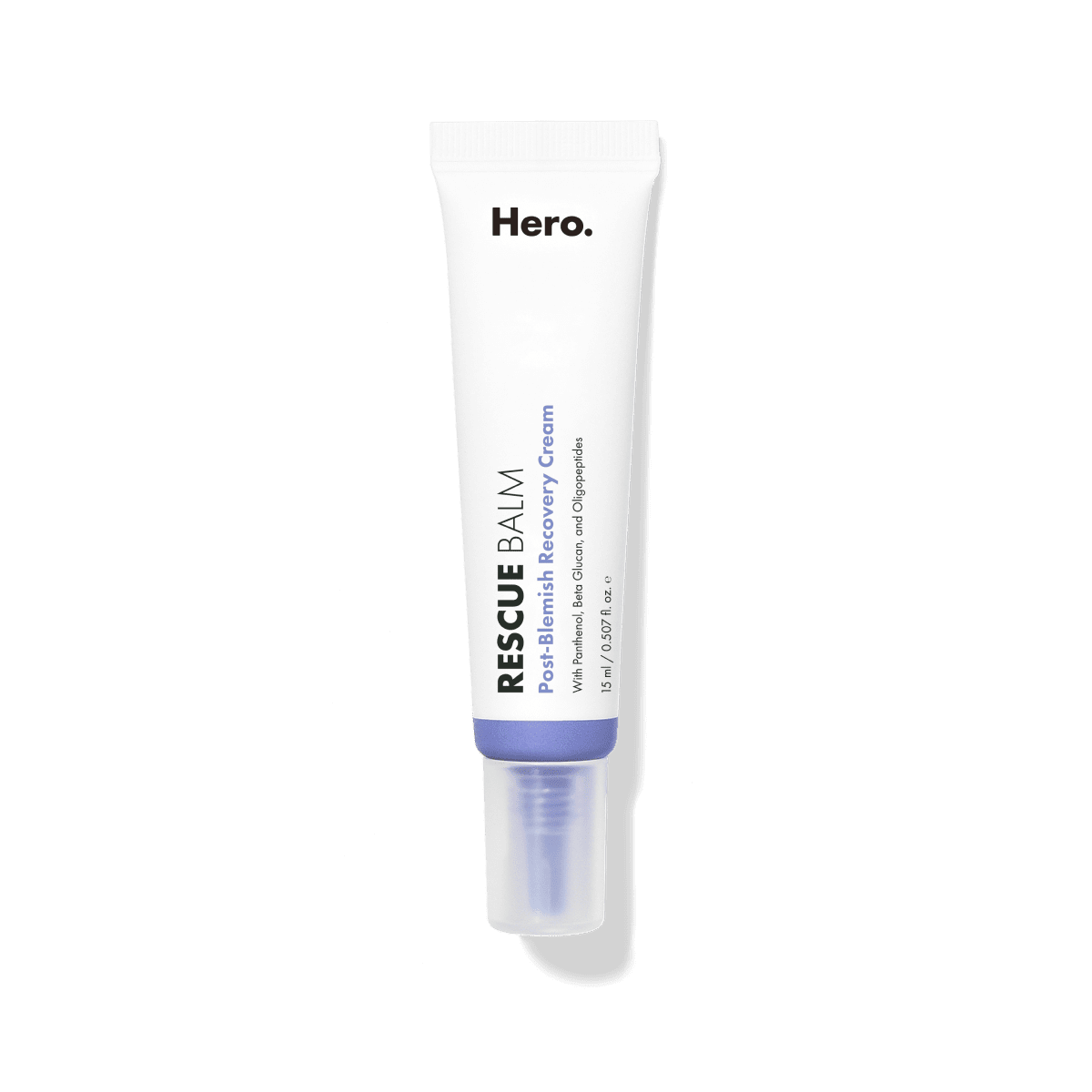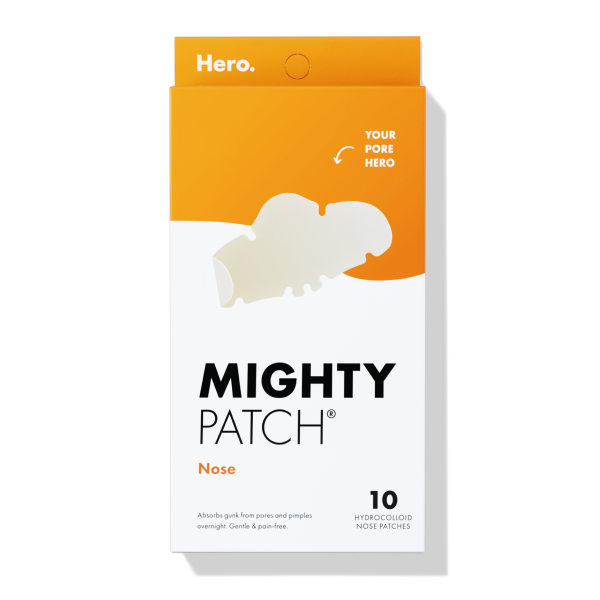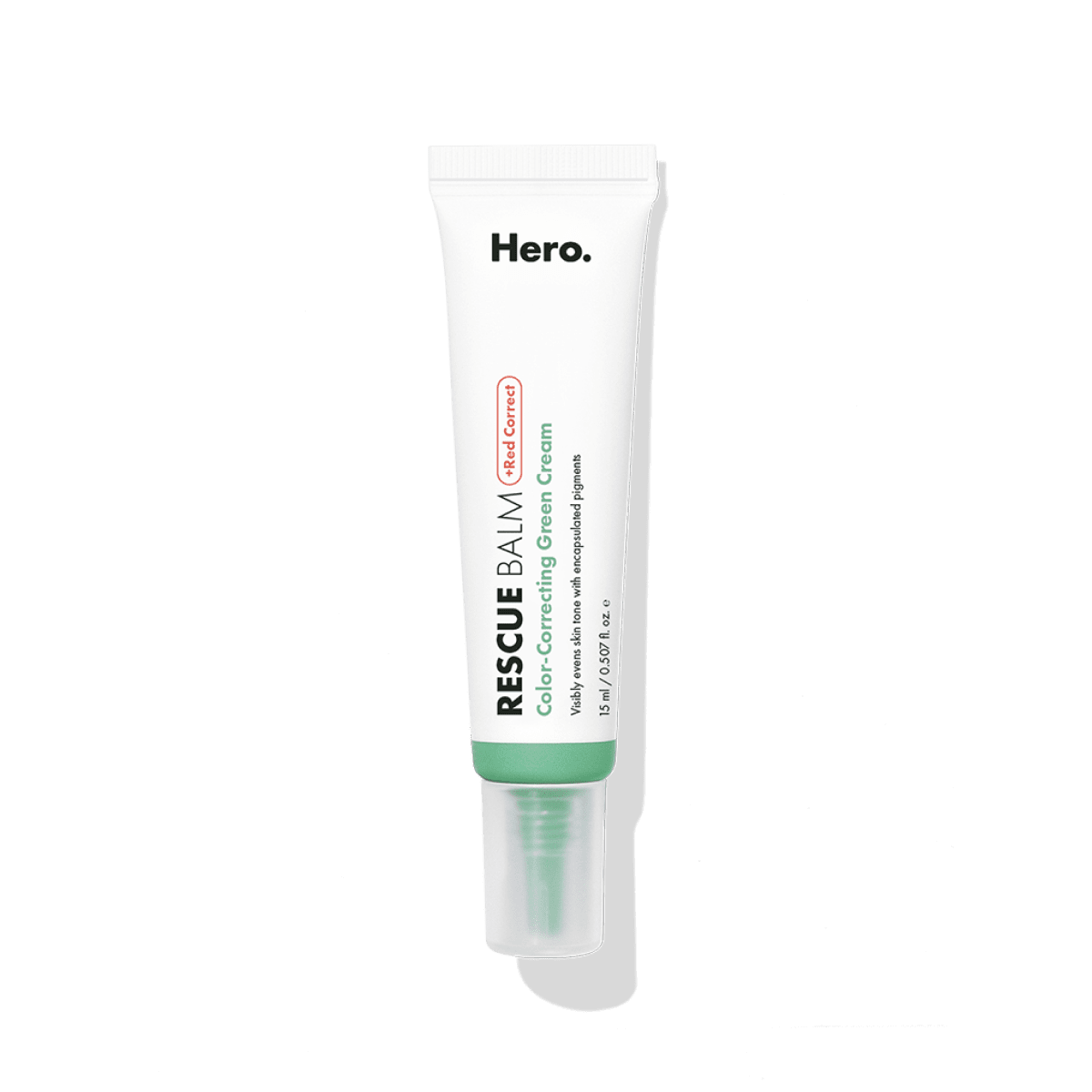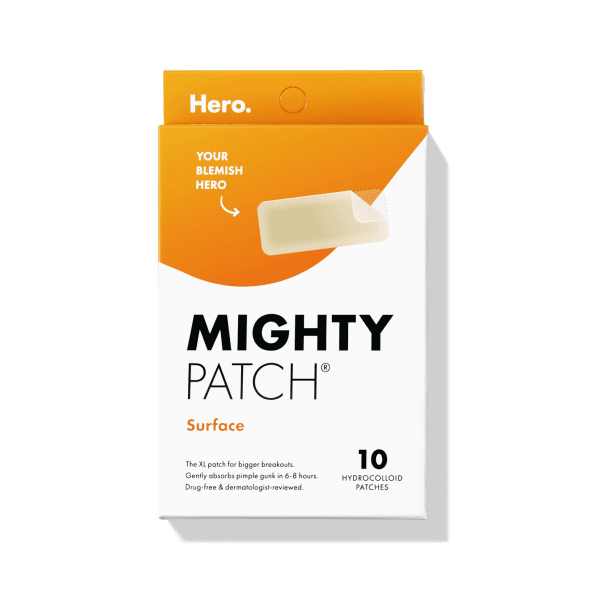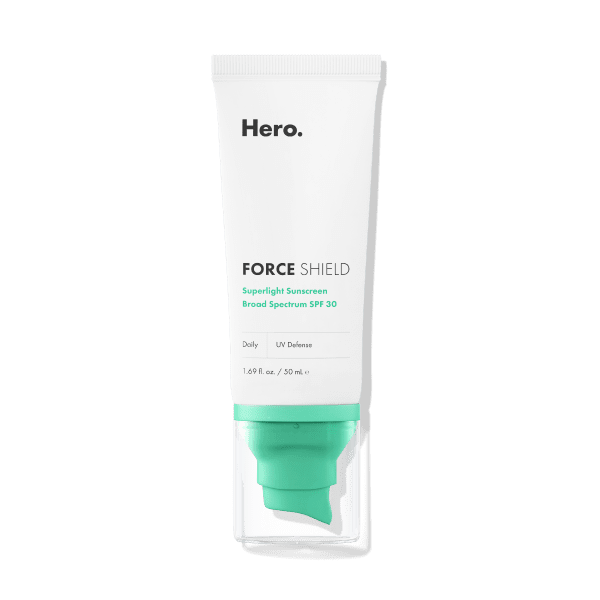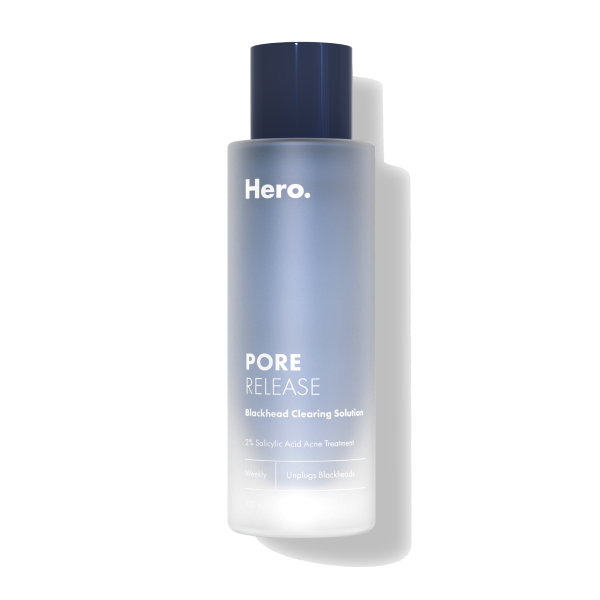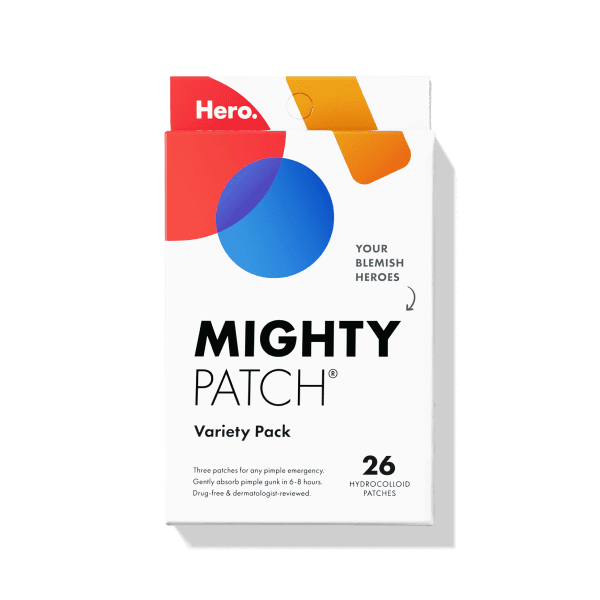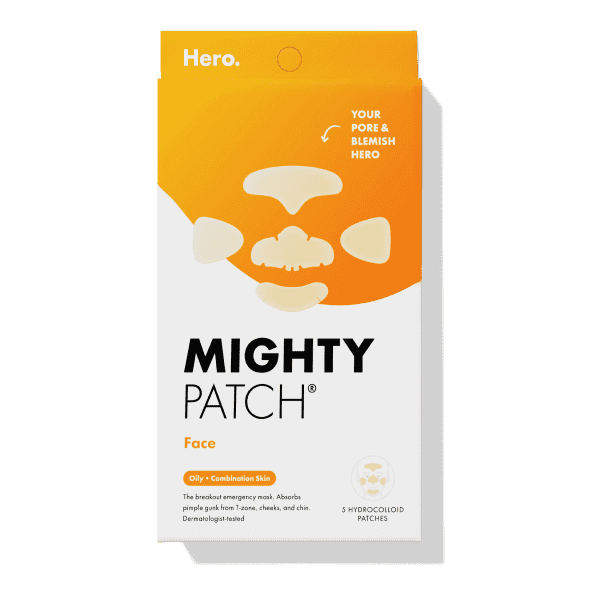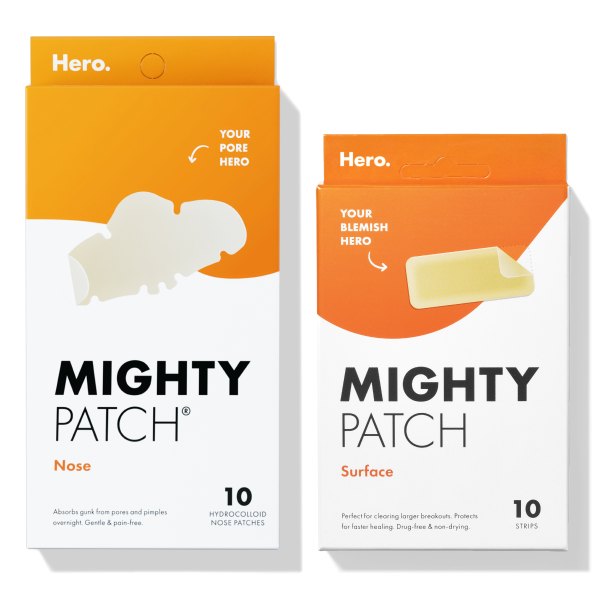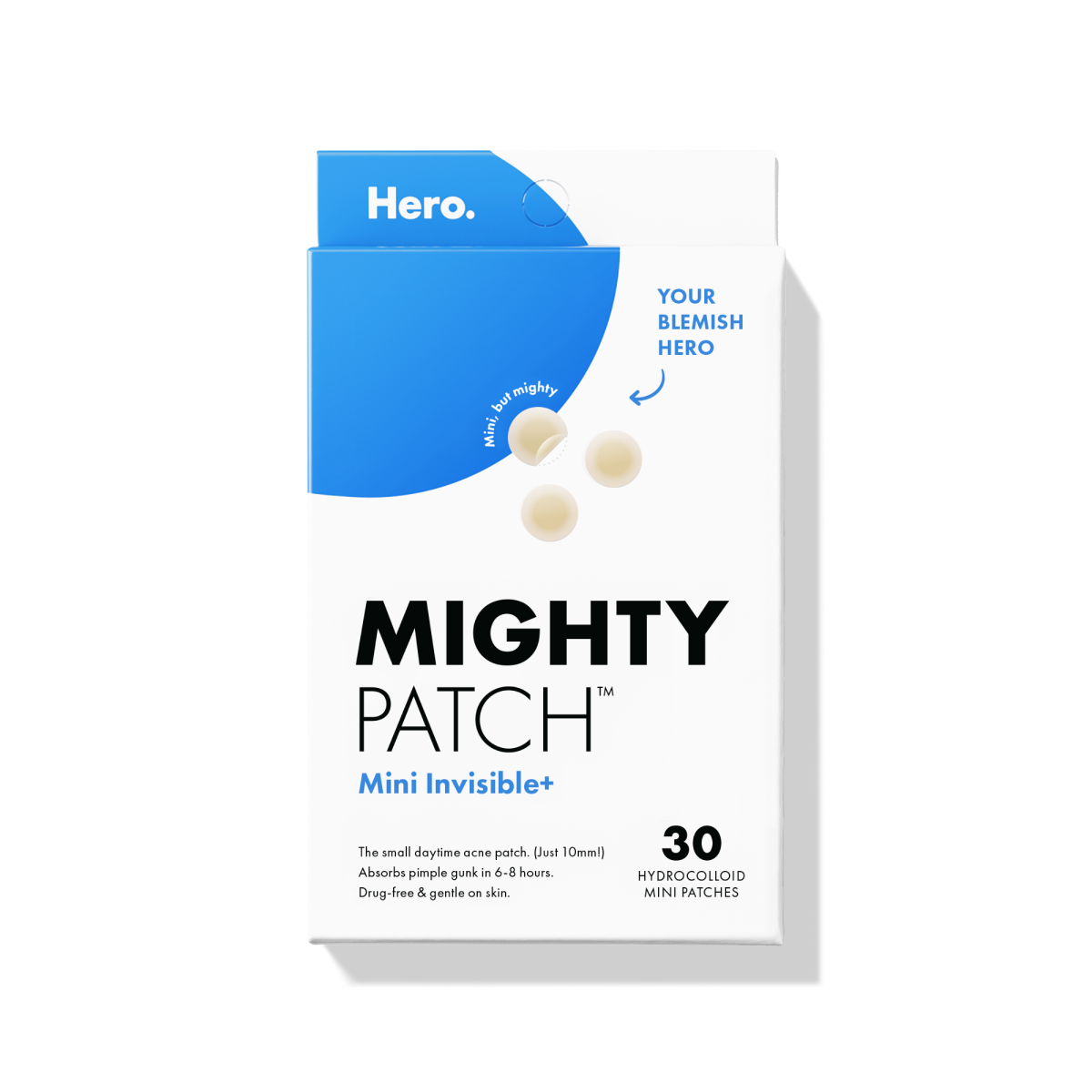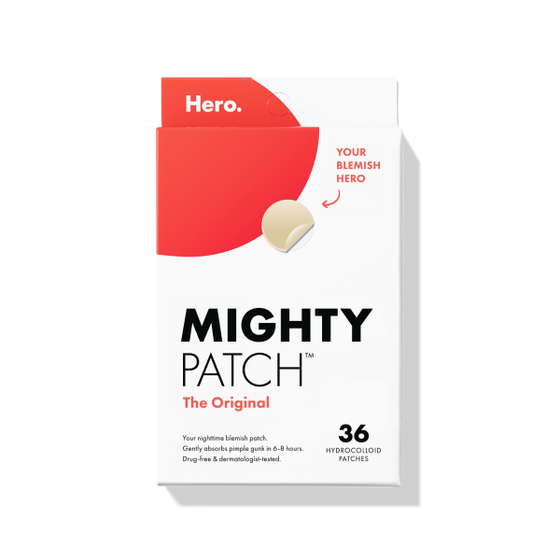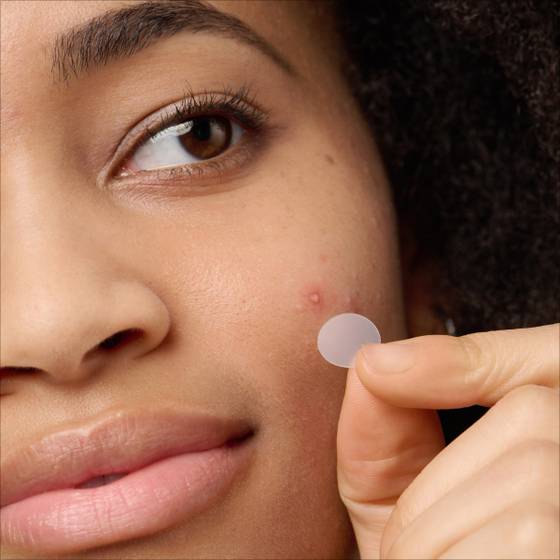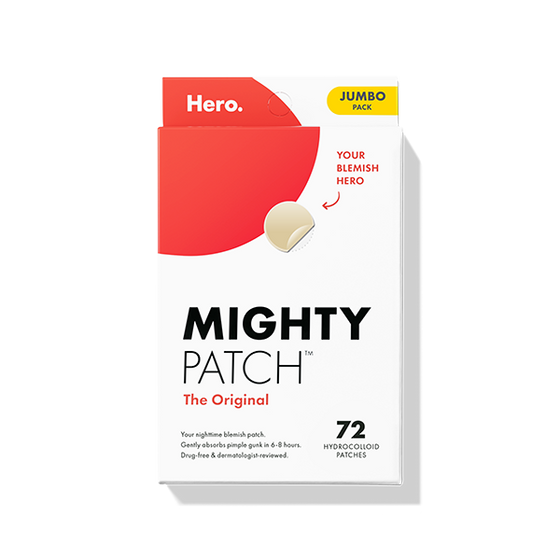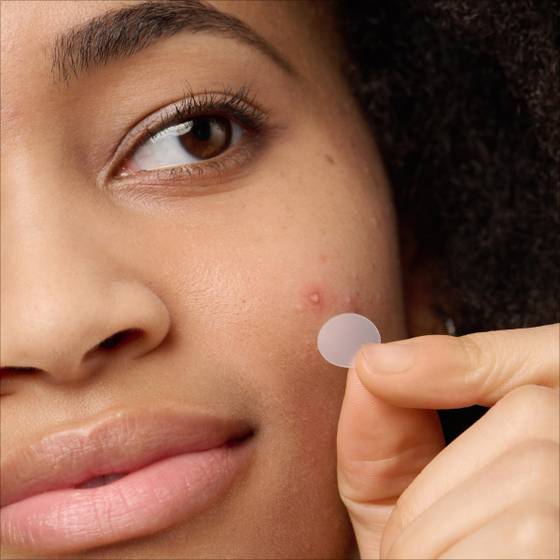
There’s more to keeping skin healthy than remembering to cleanse every night. And acne-prone skin requires a special level of care, whether you are suffering from cystic acne or experiencing that-time-of-the-month hormonal breakouts. With a new year around the corner (and fresh skin resolutions to be made), it’s the perfect time to reset any not-so-hot skin practices. We chatted with dermatologists to find out the most common skin sins of their acne-prone patients, and the best ways to ditch bad skin habits for good.
1. Popping pimples
Absolutely no judgement here — we know how difficult it can be to resist squeezing zits, poking pimples and popping blackheads in the quest for clear skin. Dr. Steven Hacker, a Florida-based board-certified dermatologist, lists picking and popping pimples as the number one sin: “This habit, which is very frequent, is a real problem. Not only does it cause permanent scarring, but it promotes new lesions and worsens existing acne.”

What to do instead
As most of us have realized this year, keeping our hands off our faces is a feat easier said than done. “When tempted to pick or pop a pimple, reach for a pimple patch,” recommends Leighanne McGill, a board-certified dermatology physicians assistant. “Pimple patches are specialized bandages made up of hydrocolloid gel. Applying a pimple patch serves two purposes: the patch draws out fluid and thereby decreases inflammation; and provides a physical barrier between your fingers and the lesion, reminding you not to pick it.” If you’ve used Mighty Patch before, you know that you can actually see all of the pus and gunk that gets sucked out by a hydrocolloid patch!
2. Overwashing or over-scrubbing skin
The cleaner, the better, right? Not when it involves super-rough scrubs or causes blood pimples. “There is sometimes a bad habit of over-exfoliating, washing and scrubbing the skin, which is very abrasive to the skin and causes more breakouts in some cases,” says says Dr. Anna H. Chacon, a Florida-based, board-certified dermatologist and Expert Medical Writer for ZELEN Life. “The skin exfoliates on its own and excess scrubbing/brushing is not needed.” Skin should never feel *squeaky-clean* after cleansing, and if a pimple starts bleeding post-wash, that’s a definite sign to take it easier.

What to do instead
First, address any damage done from over-scrubbing. Here’s how to make a pimple stop bleeding: Put pressure on the bleeding pimple for 2-3 minutes, apply Rescue Balm or an antibiotic ointment, and cover it with a bandaid (or Mighty Patch Invisible+, if you don’t want to rock a face bandage in public). Next, find a cleanser that exfoliates and detoxifies without harsh beads or grains. Salicylic acid can help prompt skin cell turnover, while also softening and smoothing skin.
RELATED READ: Eek! Here’s What to Do If A Pimple Starts Bleeding
3. Skipping moisturizer
Yes, even oily skin needs a moisturizer — just not a thick, creamy one. While most people with acne-prone skin do everything in their power to keep their skin free from oil, skin that’s lacking in hydration will prompt the sebaceous glands to produce even more oil (and in turn, cause more breakouts). Plus, the topical retinoids that are often used to treat acne can leave skin dry and irritated. Dermatologists agree that moisturizer is an essential skincare step and can even help soothe and prevent acne with the right ingredients.
What to do instead
“Look for ingredients like niacinamide, which helps regulate the amount of oil produced by the acne-forming unit of the skin, called the sebaceous gland,” says McGill. An acne-friendly daily moisturizer should also be oil-free and noncomedogenic, which means it’s less likely to clog pores and cause a breakout. And if your skin is on the oily side, you may find that a gel-based or lotion moisturizer works better than a heavy cream.
4. Over-treating acne
There can absolutely be too much of a good thing, and overdoing it with acids, retinoids or other powerful active ingredients can leave you with raw, dry, super-sensitive skin. Vitamin C. Alpha Hydroxy Acids (AHAs). Retinol. Beta Hydroxy Acids (BHAs). We ❤️ them all, but they should not all be used in the same daily routine. “I commonly see patients with acne trying to dry the skin out, but over-treating and irritating the skin can worsen acne,” says Dr. Roberta Del Campo, a Miami-based, board-certified dermatologist. “We have to remember it is an inflammatory skin condition, meaning by overtreating the acne, using too many harsh chemicals or making the skin too dry, it can become more inflamed and more irritated.”

What to do instead
It’s okay to use BHA (salicylic acid) on a daily basis, but you should only use AHAs every other day at most. And limit the use of other actives (e.g., retinols and antioxidants) when you’re already using acids. “Overloading on alpha hydroxy acids or rejuvenation creams can also cause excess irritation and peeling,” says Chacon. “Take it easy on the retinoids, alpha hydroxy acids, glycolic acid and vitamin C serums.” And if you’re using topicals like Retin-A or Differin, less is always best when your skin is getting used to a new routine. You can always increase the amount or frequency later, but you can’t undo skin damage.
5. Skimping on sunscreen
“Daily SPF is essential for anyone,” says McGill. “Those with acne need to take particular care to use sunscreen because ultraviolet radiation can worsen hyperpigmentation and scars caused by acne.” Skin cells produce excess melanin as a protective measure in response to UV light. So when SPF blocks that light, it can help reduce the melanin production that leads to the increased pigment that can make your post-pimple spots even darker and more obvious. Plus, many acne medications or treatments (like Retin-A) make your skin more sensitive to sunburn.
What to do instead
Wear sunscreen. Every day. Even if you aren’t going outside. There are dozens of facial sunscreens that won’t leave you with that greasy, caked-on feeling of summers long ago. Choose a physical sunscreen with mineral-based non-comedogenic ingredients, like titanium dioxide and zinc oxide, as they sit on top of the skin to block UV rays (instead of being absorbed by the skin). Lightweight, oil-free formulas won’t clog pores or leave skin looking slick and greasy.
[[product-ad]]

